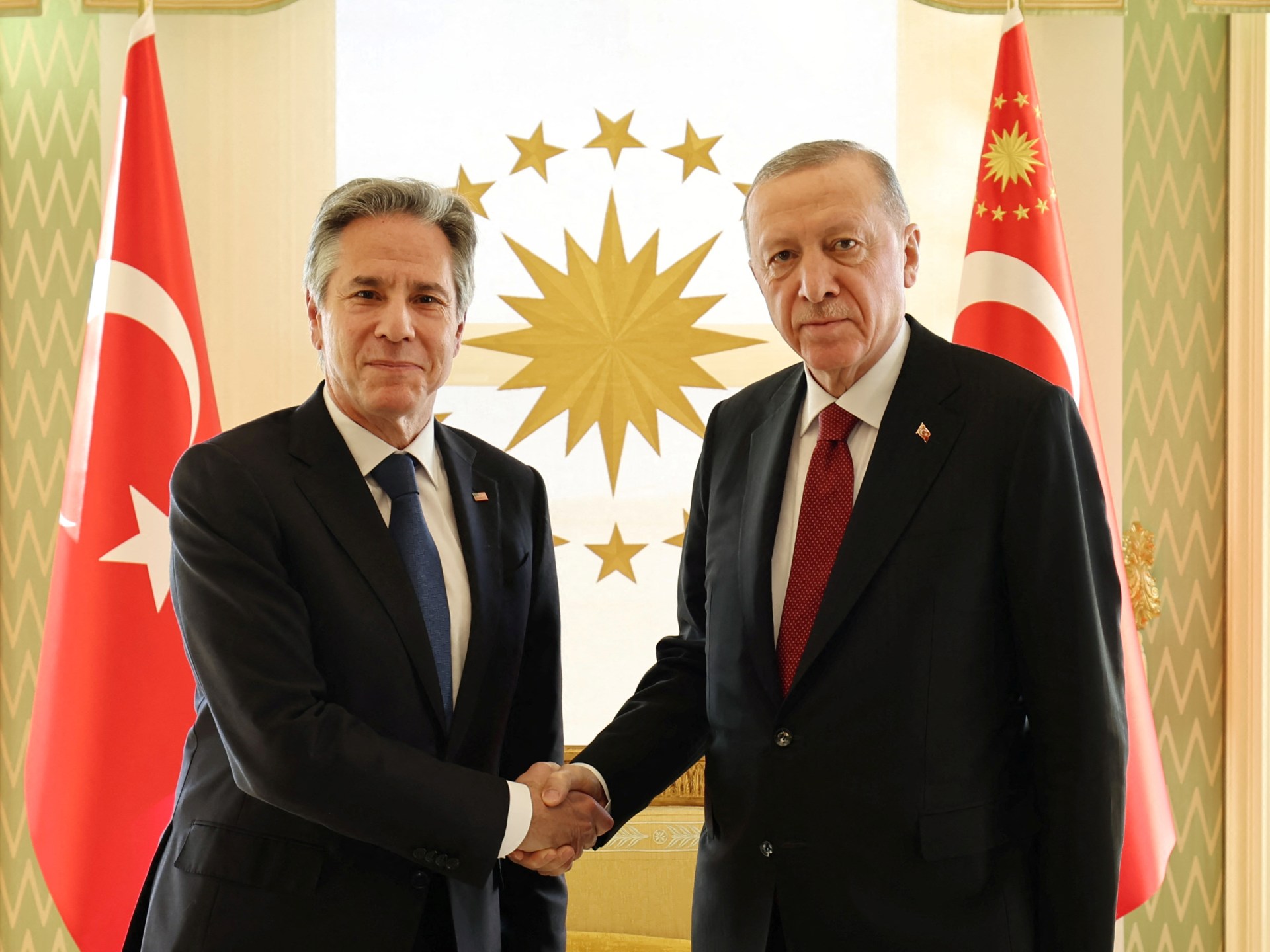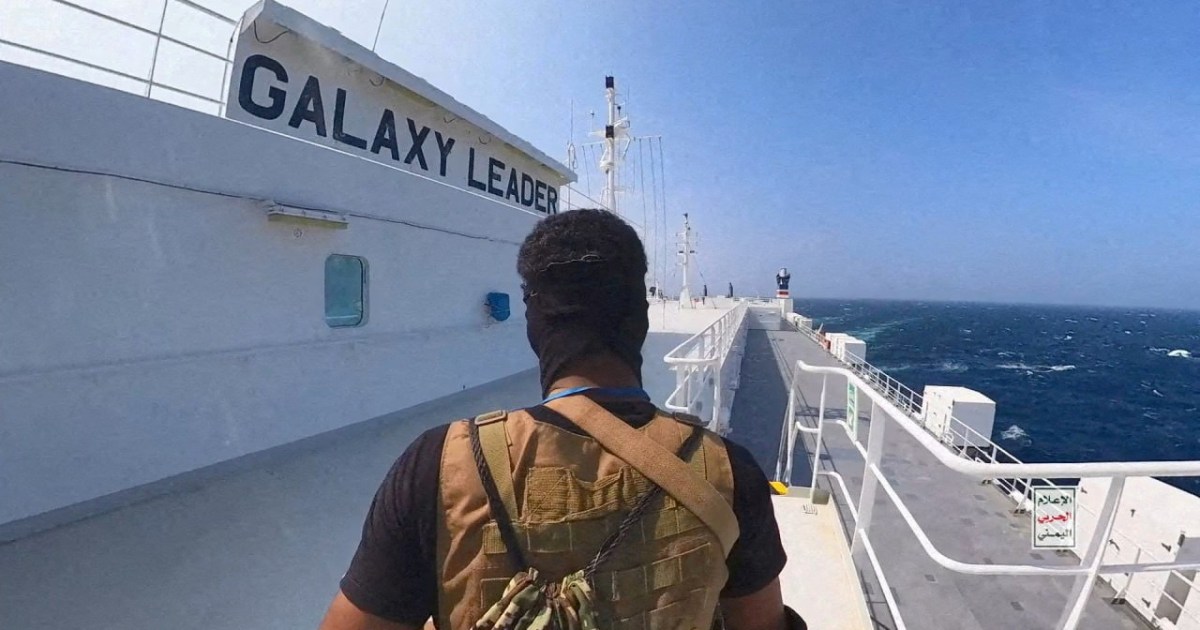
Islamabad, Pakistan – A nine-member panel of Pakistan’s Supreme Court will hear on Dec. 12 a request to review a 44-year-old death sentence controversially imposed on former Prime Minister Zulfikar Ali Bhutto two months earlier national elections.
In June 2011, Asif Ali Zardari, Bhutto’s son-in-law and then the country’s president, filed a so-called presidential petition with the Supreme Court. It sought a review of the death penalty, which was imposed 4-3 by a seven-judge Supreme Court panel in February 1979 and later implemented when Bhutto was hanged in April 1979.
It remains the only case in Pakistan’s history of a former prime minister of the country being hanged.
Here’s what you need to know about Bhutto’s death sentence, the lawsuit that was filed, why this case is now being heard, and why it all matters.
Who was Bhutto and why was he given the death penalty?
Zulfikar Ali Bhutto was a Pakistani politician who became the country’s fourth president in December 1971, days after the country lost a war against India and its eastern part gained independence to become Bangladesh.
One of the country’s most popular leaders, Bhutto, founder of the Pakistan People’s Party (PPP), became the ninth Prime Minister of Pakistan two years later, in August 1973.
However, after a turbulent four-year term, Bhutto was removed from power when his hand-picked army chief, General Zia-ul Haq, staged a military coup to overthrow the government in July 1977.
Two months later, the ousted prime minister was arrested on charges of masterminding the assassination of a political rival. In a controversial trial that many observers and legal experts said was flawed, he was found guilty of the charges and sentenced to death in March 1978.
Subsequently, Bhutto’s appeal to the Supreme Court before a seven-member bench was dismissed against him in a 4-3 verdict in February 1979 and two months later he was hanged in Rawalpindi.
Why was the case reopened in 2011?
Legal experts over the years have questioned the trial in both the Supreme Court and the Lahore High Court, raising numerous questions about the behavioral and procedural deficiencies that emerged in the high-profile martial law case. In fact, the February 1979 Supreme Court verdict on the death penalty against Bhutto has never again been cited as a precedent in another case in the history of Pakistan’s judiciary.
After more than three decades in which… Bhutto’s daughter BenazirWhile Zardari, herself a two-time prime minister of the country, was shot dead during a political rally in 2007, she filed a petition in the Supreme Court in June 2011 seeking a review of the death penalty.
The submission raised five questions of law and sought the opinion of an 11-member bench of the Supreme Court on the legality of the 1979 judgment. However, only six hearings were held, the last of which was in November 2012. The bench of the Supreme Court changed and the hearings were stopped.
Why has the Supreme Court taken up the reference now?
Analysts and legal observers have said the decision to assume the presidency now is not necessarily related to parliamentary elections scheduled for February 2023. Instead, some have argued that this has more to do with the personal attitudes of the country’s top judges, who may see this as an opportunity to atone for the “sins of the past.”
Abid Saqi, a Lahore-based senior lawyer, says the February 1979 verdict was widely viewed around the world as a case of “judicial murder” – in which the law was used in the service of a military dictator.
“Our country’s judiciary has a lot to atone for and there are many black spots in its history, so this notice offers it the opportunity to reverse a decision that was never made independently,” he told Al Jazeera.
Current Chief Justice Qazi Faez Isa has publicly condemned the 1979 verdict several times, so the court’s decision is not surprising, Saqi said.
“If the court then reverses it and makes a public apology at an institutional level, that would be a good thing,” he added.
What significance might the decision to listen to the reference have?
Traditionally, the judiciary has been “an essential part of undemocratic moves by the military establishment” in the country, said political scientist Mehmal Sarfraz.
“Therefore, it is important for the judiciary to officially correct its past mistakes,” she told Al Jazeera.
“From the judicial assassination of Bhutto to the overthrow of elected prime ministers on frivolous charges, the judiciary’s decisions have had a lasting impact on our political landscape.”
Given the military’s more than three decades of direct rule in its 75 years of existence and an outsized role in politics that makes the military appear kingmaker, lawyer Saqi said a possible overturning of the ruling could set an important precedent.
“Bhutto will not come back, we know that. But such references and cases are political in nature and it is not just a question of legality but also of legitimacy,” he said. “If the 1979 ruling is overturned, it could restore the sanctity of the laws and serve as a precedent for military intervention in political affairs.”






Recent Comments